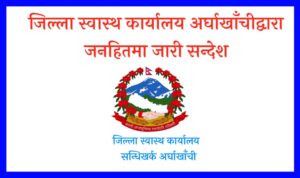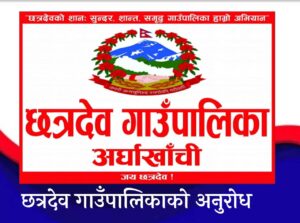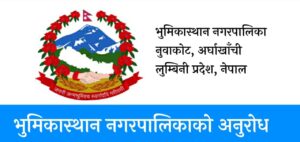 Sudan’s President Omar al-Bashir and South Sudan’s Salva Kiir have begun direct talks in Addis Ababa to discuss the remaining obstacles for a deal.
Sudan’s President Omar al-Bashir and South Sudan’s Salva Kiir have begun direct talks in Addis Ababa to discuss the remaining obstacles for a deal.
Delegations from the two countries have already been in the Ethiopian capital for talks since 4 September, with both sides having been warned to reach a comprehensive peace deal by the weekend or risk incurring UN Security Council sanctions.
Differences over borders, oil revenues and the disputed region of Abyei took them to the brink of war in April.
Highlighting the deep mistrust between the neighbours, South Sudan accused Sudan of air dropping weapons over the weekend to fighters in the new African nation, which split off from its former civil war foe Khartoum in July 2011.
The armies of both nations fought for weeks in April along the unmarked and disputed border after a row escalated over how much South Sudan should pay to use northern oil pipelines.
“We have agreed on many topics but there are still issues for which we don’t have a deal yet, specifically the security issue,” said Badr el-Din Abdallah, spokesman for the Sudanese delegation.
But Sudan insisted on first reaching a security accord.
On Saturday, Sudan raised hopes for a deal by conditionally accepting an African Union (AU) map for a demilitarised border zone after objecting to it for months.
But Abdallah said on Sunday that the issue had not yet been resolved and it would be discussed at the summit. Juba has already accepted the AU map.
Bashir first met Ethiopian Prime Minister Hailemariam Desalegn on Sunday and then like Kiir spent much of the day with his delegation.
“The points are on the table. We are quite hopeful and optimistic that things will move forward,” Ethiopia’s State Foreign Minister Berhane Gebrekristos said after Bashir met Desalegn.
South Sudan, where most follow Christianity and animism, seceded from the mainly Muslim north last year under a 2005 peace agreement that ended decades of civil war.
Secession left a long list of issues unresolved such as marking the border, fees for southern oil fees and ending accusations of support for fighters in each other’s territory.
Western and African officials had hoped for a broad peace accord but several rounds of talks in Addis Ababa have brought no visible progress on settling the fate of five disputed border areas.
This will probably be left to a future round or possible lengthy arbitration.
South Sudan accused Sudan of parachuting eight parcels of weapons and ammunition to forces of anti-government militia leader David Yau Yau in the country’s east on Friday and Saturday.
“Yesterday and today Antonov [planes] have dropped arms and ammunition around Likuangole in front of everybody, including UNMISS [the UN mission in South Sudan],” army spokesman Philip Aguer said.
Sudanese army spokesman al-Sawarmi Khalid denied the claim.
There were also no sign of progress in indirect talks held in Addis Ababa between Sudan and the rebel group Sudan People’s Liberation Movement-North (SPLM-North), which is fighting the Sudan’s army in two areas bordering South Sudan.
Khartoum accuses Juba of supporting the SPLM-North, while South Sudan accuses Sudan of supporting militias in the new republic.




